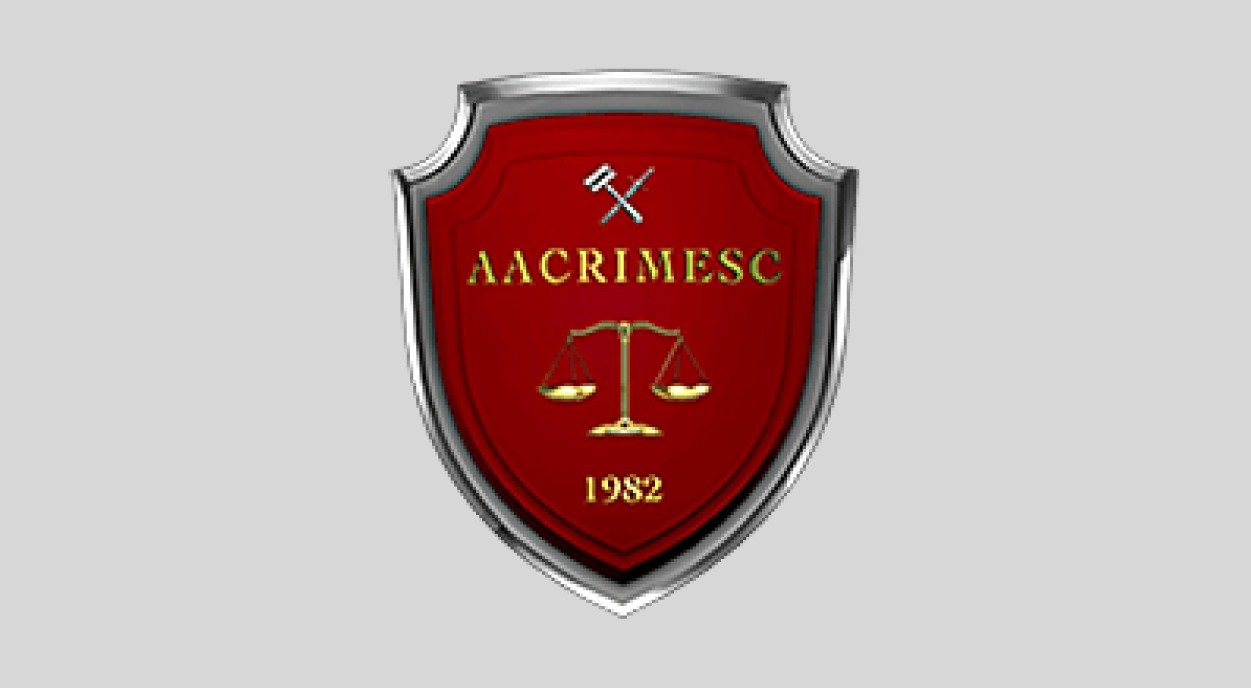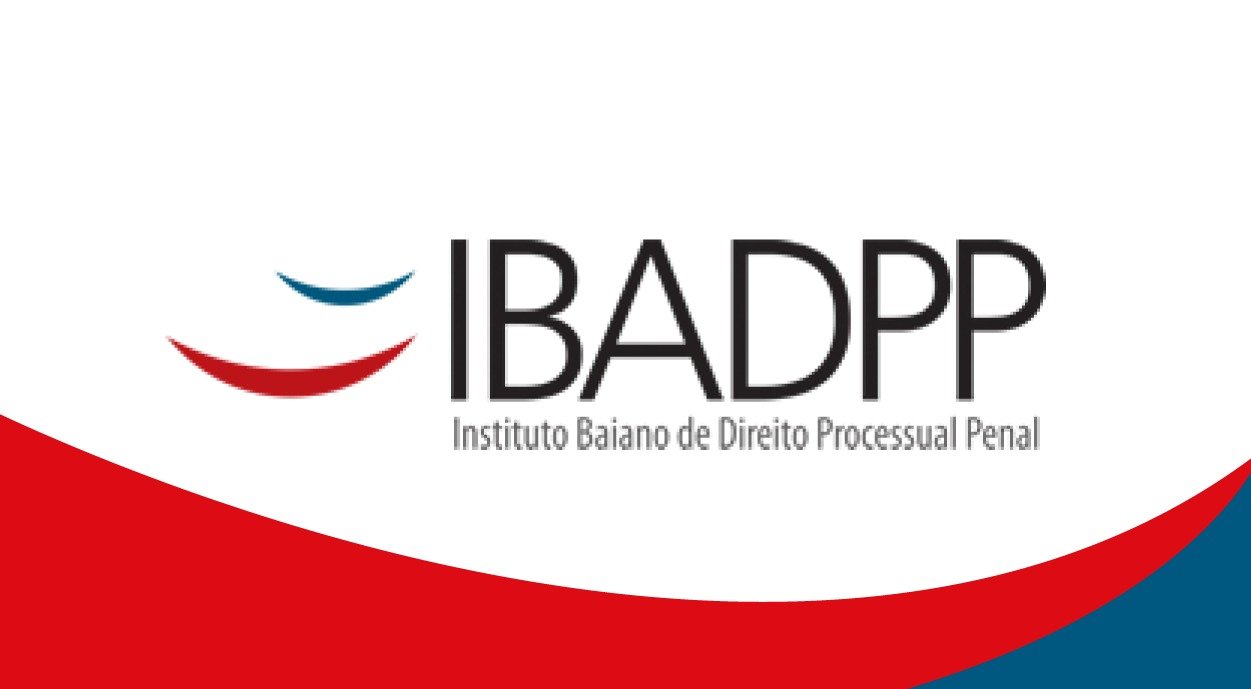Fictio Iuris
With the advance of technologies and algorithms, we are entering an era that seems to be marked by artificial intelligence, in which human-like robots are taking center stage in various halls and exhibitions dedicated to cutting-edge developments. At this point, the debate about whether artificial intelligence can replace certain professions, including those in the legal field, is gaining gradual significance.
There are many who believe that artificial intelligence can perform the tasks of lawyers and judges, based on the reasoning that jurists, like artificial intelligence, rely on logic. Personally, I believe that viewing the work of jurists in such a simplified manner not only demonstrates a lack of understanding of how arguments function in the world of law but also shows a disregard for the argumentative and reasoning work of lawyers and judges. If the law is as simple as applying or not applying a rule, then one could think that all professions in the world could be replaced by artificial intelligence, equally foolishly claiming that doctors only check symptoms and prescribe medications based on them, engineers and architects' calculations are simple processes for artificial intelligence, builders' construction can be effortlessly and more perfectly done by robots, and product sellers' work is reduced to stating features that can be easily listed by a computer. Despite all of this, the strongest debate focuses on whether jurists are dispensable.
Beyond the possibilities of artificial intelligence, what concerns me the most is hearing in forums that colleagues who studied law are raising their voices, stating that what lawyers and judges do is perfectly replaceable by the reasoning of artificial intelligence. This not only demonstrates a lack of understanding of the profession but also a disregard for the knowledge that they theoretically should have acquired during their studies, which is evidently lacking.
Law is not just about applying rules; it's not just saying that 1 + 1 equals 2. There is an entire interpretative, reasoning, and study process behind each case. Therefore, claiming that artificial intelligence can replace these activities demonstrates alarming ignorance.
Imagem Ilustrativa do Post: VERSAILLES_AOUT_2015_0087.JPG // Foto de: domidoba // Sem alterações
Disponível em: https://www.flickr.com/photos/domidoba/20772824069
Licença de uso: http://creativecommons.org/licenses/by/4.0/legalcode





